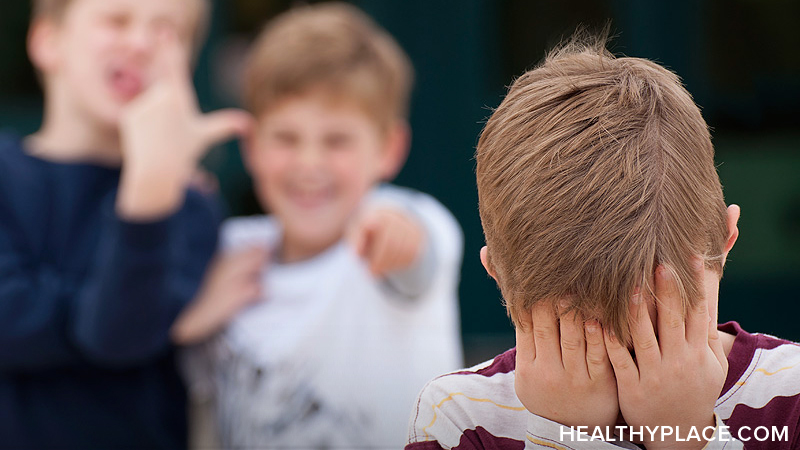School Anxiety in Children: Signs, Causes, Treatments

School anxiety in children is very common. School anxiety typically takes one of three forms:
- School refusal –refusing to go to school
- Test anxiety
- Social anxiety – may be a precursor to agoraphobia
Causes of Anxiety in School Children
The three types of school anxiety can come from a variety of causes. When a child refuses to go to school, this is typically caused by separation anxiety. Separation anxiety is only seen in children and occurs in about 4.5% of children age 7-11. This type of anxiety in school children stems from excessive worry about unreasonable harm to important figures in their lives.1
Test anxiety in children, on the other hand, is often related to a fear of failure. Childhood test anxiety can continue into adulthood and take other forms of performance anxiety. Other causes of test anxiety in school children include:
- Lack of preparation
- Poor test history
Social anxiety in children, also known as social phobia, can be seen at school and in other parts of a child's life. Typical onset of social anxiety is 13-years-old.2 It is thought severe social anxiety in children may be caused due to altered serotonin pathways in the brain.3 Extreme overuse of caffeine can also produce anxiety symptoms.
Signs of School Anxiety in Children
The most obvious sign of school anxiety is a refusal to attend school or other events such as sleepovers. This could be due to any type of anxiety: Separation anxiety, social anxiety or test anxiety. When a child refuses to go to school repeatedly, a screening for an anxiety disorder should be conducted.
Other signs of anxiety in school children include:
- Selective mutism – most occurs with social anxiety
- Low birth weight and possible intellectual disability in children under 3
- Nightmares
- Tantrums
Older children, those age 12-16, often experience physical anxiety symptoms such as:4
- Headaches
- Dizziness
- Lightheadedness
- Sweatiness
- Gastrointestinal symptoms such as stomachache, nausea, cramps, vomiting
- Muscle or body aches
Treatments for Anxiety in School Children
Many treatments can reduce anxiety in school children. Techniques include:
- Relaxation exercises
- Cognitive therapy – often associated with the shortest duration (on average, six months) and best outcome
- Psychological therapy
- Social therapy
Medication is also available for children with anxiety but is not considered the preferred treatment in most situations. Medications should always be used alongside therapy for anxiety in school children.
After an incident of anxiety, it's critical to be calm and understanding. However, returning to a normal routine as soon as possible is important so as not to reinforce the anxiety symptoms. Putting an anxious child in home school is not recommended as it may prolong and make the symptoms of anxiety more severe.
APA Reference
Tracy, N.
(2021, December 21). School Anxiety in Children: Signs, Causes, Treatments, HealthyPlace. Retrieved
on 2026, March 3 from https://www.healthyplace.com/anxiety-panic/anxiety-and-children/school-anxiety-in-children-signs-causes-treatments


